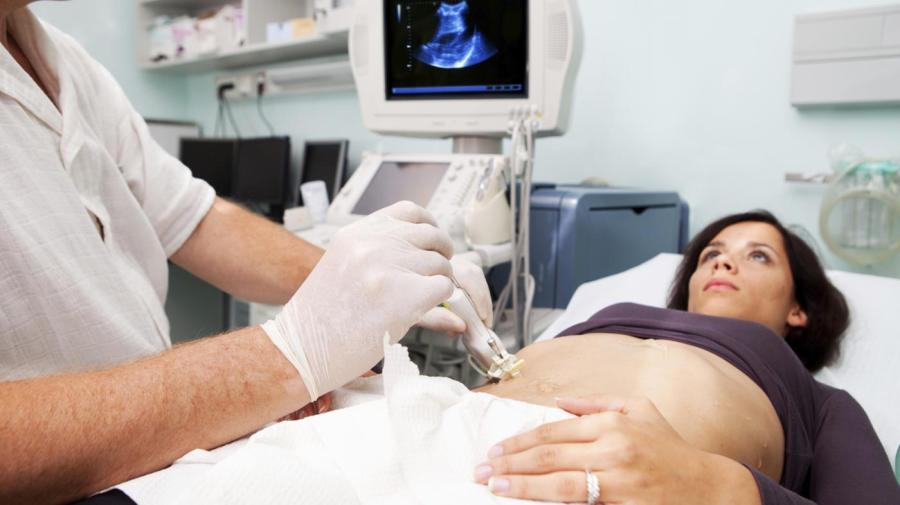What Is the Role of the Liver in Digestion?

The production of bile makes the liver an important organ within digestion, as it emulsifies fat, much like dish soap acts on fat and grease to split it into smaller pieces. This process makes it much easier for the body to process fats. Hepatocytes within the liver also absorb much of the glucose that comes from digested food and stores the sugar as glycogen for later release. This helps the body regulate its sugar levels.
Bile is a blend of cholesterol, water, bilirubin and bile salts. The bilirubin comes from digesting old red blood cells that have worn out for use in the hepatocytes, which turn them into protein for the body. The benefit of having bile break down fats is that the body is able to excrete much more of the excess fat that it would otherwise be able to do.
Glycogen is an extremely important substance in the body. Without it, everyone would go through significant spikes of high and low blood sugar throughout the day as they went through the cycle of mealtime. While diabetics have difficulty controlling sugar levels at times, without glycogen, everyone would go through extreme highs and lulls as the body digested each meal. In general terms, the liver is a filtering system for the body, breaking down what the body does not need and aiding in the digestion of nutrients that it does need.





